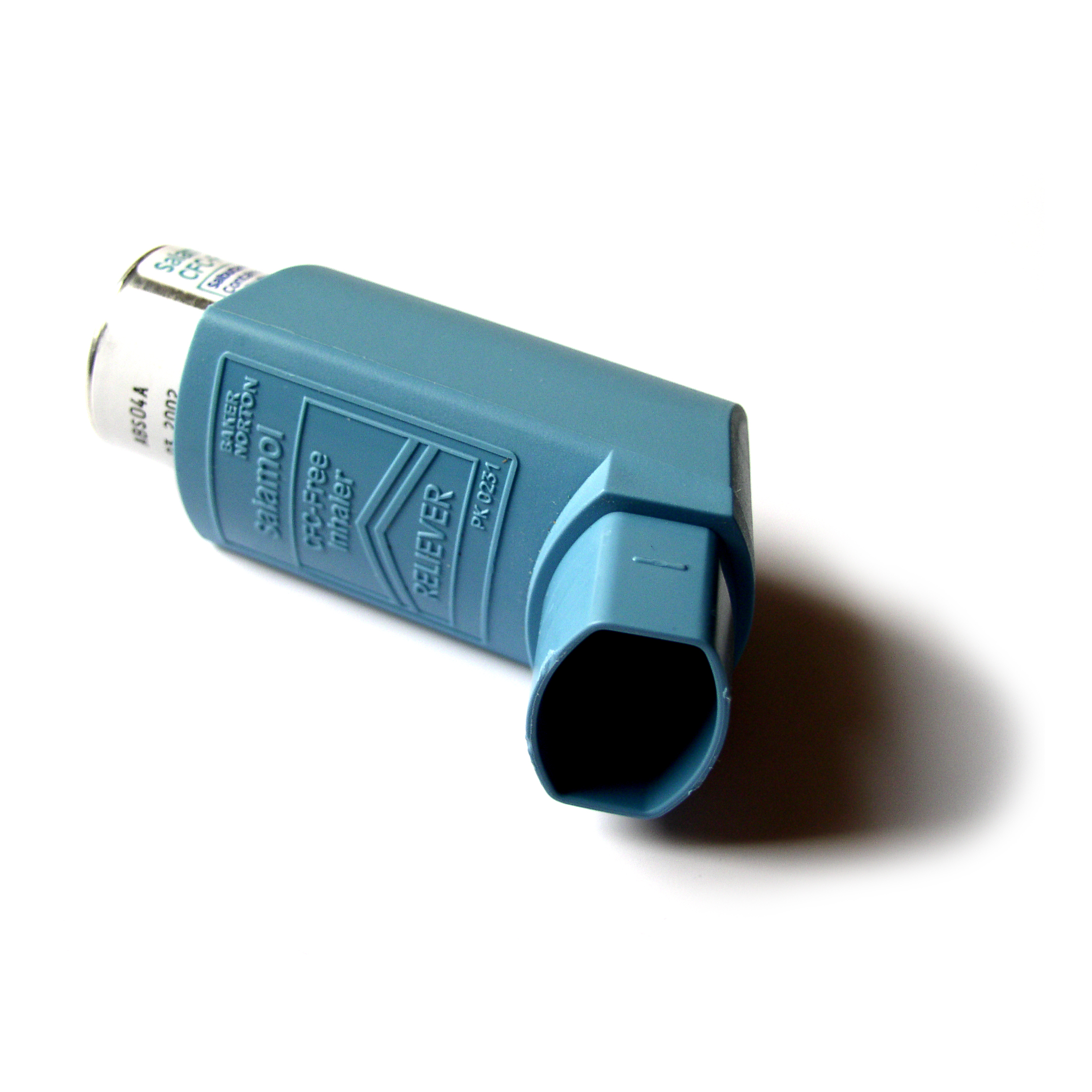
TUESDAY, Feb. 12 (HealthDay News) — Hospital readmission rates are used in part to judge the quality of a hospital’s care, and some experts have worried that hospitals who serve the sickest patients may be unfairly penalized because they’ll likely have higher readmission rates.
Now, new U.S. research says these two factors do not go hand-in-hand.
After reviewing data on almost 3 million hospital admissions for people on Medicare who’d had a heart attack, pneumonia or heart failure, Yale University researchers found that 30-day death rates weren’t strongly associated with a hospital’s performance on 30-day readmission rates.
“These measures were developed to improve hospitals,” said the study’s lead author, Dr. Harlan Krumholz, professor of medicine at Yale University School of Medicine in New Haven, Conn. “But some worry that how you do on one measure may dictate how well you do on another. So, if you’re very successful in saving people, you’re probably discharging a sicker person who may need to be readmitted.”
But after looking at all the Medicare data, his team determined that’s not the case. “We found these two measures are measuring very different things, and they weren’t related at all for heart attack and pneumonia patients, though there was a very weak association with heart failure survival and readmission,” he said.
Results of the study are published in the Feb. 13 issue of the Journal of the American Medical Association.
In a previous study, published in the Jan. 23 issue of the journal, Yale researchers found that about one in five people discharged from the hospital end up readmitted.
In the current study, the researchers found that just over 24 percent of those hospitalized for heart failure were readmitted within 30 days of discharge. Of those who were hospitalized for heart attack, nearly 20 percent were readmitted to the hospital within 30 days. And of those hospitalized for pneumonia, 18 percent had to be readmitted.
The average death rate was 11 percent for heart failure, nearly 17 percent for heart attack and 11.5 percent for people with pneumonia, according to the study.
When they compared these two measures, they found no correlation between heart attack and pneumonia death rates and hospital readmissions. Krumholz said the weak association seen between lower heart failure death rates and higher hospital readmissions was likely due to chance.
Dr. Randall Starling, section head of heart failure in cardiovascular medicine at the Cleveland Clinic in Ohio, pointed out “there is a slight relationship in heart failure patients, but it’s not an all-or-nothing relationship; there are plenty of hospitals that do well in both measures.”
For heart failure, the study found that 259 hospitals (5.4 percent) were top performers, scoring low on both death and readmission rates. For heart attack, 381 hospitals (8.5 percent) were considered top performers. And for pneumonia, 307 hospitals (6.4 percent) scored low on both death and readmission rates.
Krumholz said the idea “isn’t to call out bad hospitals or good hospitals, but to determine how we can drive everyone toward better performance.”
Starling said that part of the problem is that no one has come up with a precise formula on how to identify the patients at highest risk of readmission.
He said that his hospital and others are focusing on the transition from hospital to home, or to a skilled nursing or rehabilitation facility. “It’s an extremely important transition, and an opportunity to improve communications,” said Starling. He said that patients should receive follow-up phone calls, and they should have an appointment with their primary care provider scheduled before they leave the hospital. “It’s important to provide a continuum of care,” said Starling.
Krumholz agreed that the transition period is very important. When you leave the hospital, he suggested that you already have an appointment scheduled with your usual doctor, and that you understand any changes that have been made to your medications.
“Get your medication information in writing. Get a discharge summary that describes your condition when you’re leaving the hospital, and get a copy for your doctor,” Krumholz advised.
In the immediate days after you go home, he added, “know what you should be looking out for if things aren’t going well. You should be told what to look out for, and who to call.”
More information
Learn what you need to know when you leave the hospital from the U.S. Agency for Healthcare Research and Quality.

